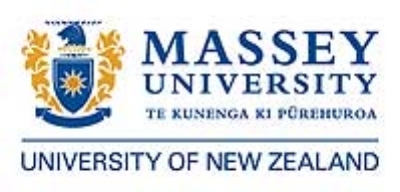Launch of Wairua, Affect and National Days Website
Tēnā koutou katoa,
Te Rōpū Whāriki would like to announce the launch of a website for the Wairua, Affect and National Days research. The project is supported by the Marsden Fund Council from Government funding managed by the Royal Society of New Zealand.
The project began in 2013 exploring wairua, emotions, feelings and identity around national days particularly focusing on Waitangi Day and Anzac Day. These days can build and divide, acknowledge and deny, include and exclude. Our research focuses on the affective politics evoked as people relate, engage and grapple with cultural observances and often-charged acts of remembrance in Aotearoa, New Zealand. Methods include: haerenga kitea (a form of go along interviewing) where we filmed participants as they engaged in an event; media analysis; and individual and focus group interviews.
The website includes visual images, evolving aspects of the project, links to research outputs and to sites about nationhood in Aotearoa. The website can be found at: http://www.wairuaaffectnationaldays.info
Dr Chris Wilkins was interviewed by Paul Henry about the government's 15-million dollar anti-drug initiative. Click here to watch the interview.
Dr Chris Wilkins featured in a TV One news item about policing of cannabis offences. Police are now targeting dealers rather then users - there has been a major drop in the number of people being charged with the use and possession of cannabis in the past 20 years.
Whāriki recently hosted student Jackie Johnson, who is a member of the Makah Nation. She recently finished her Master’s degree in Communication at the University of Washington and was part of the Māhina International Indigenous Health Research Training Program through the Indigenous Wellness Research Institute at the University of Washington, University of Auckland, and University of Hawai’i’. It is funded through the National Institute on Minority Health and Health Disparities. At Whāriki, under the supervision of Belinda Borell and Auckland Art Gallery’s Nigel Borell, Jackie looked at Māori epistemologies and methodologies, white privilege, indigenous art, and indigenous identity. Ms. Johnson’s project here was to observe indigenous art with a Kaupapa Māori research framework to identify Indigenous Authority while incorporating her people’s art practices. Ms. Johnson hopes to return back to Aotearoa and Te Rōpū Whāriki to research Māori whaling.
Jackie Johnson with recent Whāriki visiting students Cameri Taylor and Shalene Yazzie.

